How To Lose Weight Despite Menopause After Bariatric Surgery
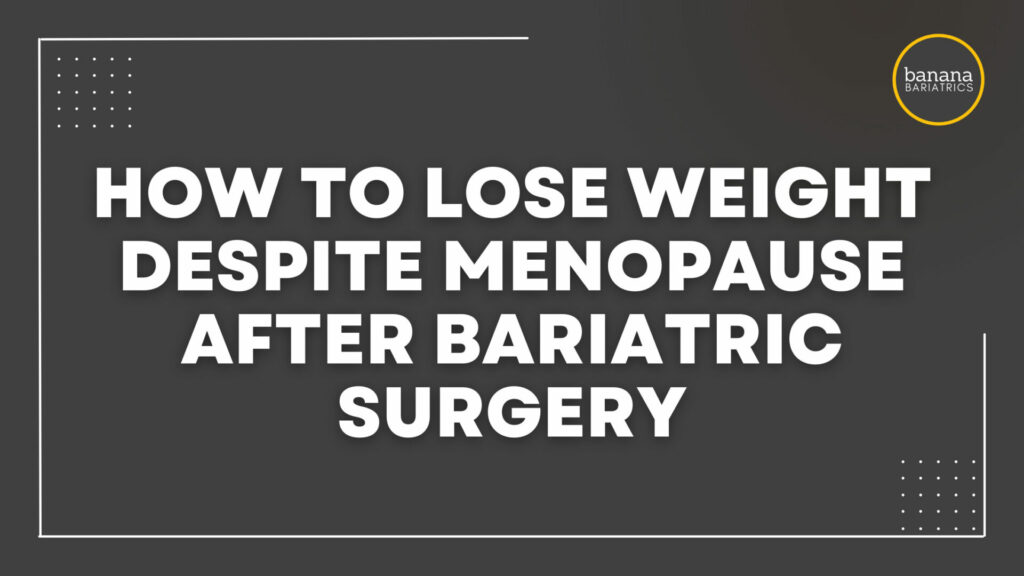
Do you feel like despite all of the healthy changes that you’re making after bariatric surgery, your weight STILL won’t budge? If you’re approaching menopause and are finding it challenging to lose weight, you’re not crazy! Your body is undergoing many physiological changes that could explain why the scale isn’t moving much. In this week’s blog post, we are going to better understand how to lose weight despite menopause after bariatric surgery.
Hormonal Stages Of Menopause
In order to better understand weight changes related to menopause, let’s talk about hormonal changes that occur throughout a woman’s lifetime.
In puberty, hormones rise and cycle throughout the reproductive years. In peri-menopause (2-12 years before menopause) progesterone declines as ovulation begins to stop. During this time, estrogen levels can be higher than they’ve ever been before in a woman’s life. Once a woman reaches menopause, estrogen and progesterone levels plummet and remain low.
Peri-Menopause
Peri-menopause occurs 2 to 12 years before menopause. It is during this time you are most likely to experience symptoms.
Estrogen levels can go up and down like a roller coaster. Symptoms of high estrogen levels can include breast tenderness, heavy periods, bloating, and irritability. Symptoms of low estrogen levels can include hot flashes, night sweats, low mood, and heart palpitations.
Progesterone levels decline at this time. Symptoms can include increased anxiety, sleep disturbances, PMS, fluid retention, sugar cravings before your period, and more frequent periods.
Menopause
Menopause occurs when your periods have stopped happening. This is typically when period symptoms will begin to start settling down.
Impact On Bariatric Surgery Outcomes
Menopause after bariatric surgery can be a source of weight regain due to dramatic changes in estrogen levels. During menopause, estrogen levels are low. Estrogen is produced in the ovaries and fat cells. Therefore, as the ovaries reduce their output of estrogen, fat cells begin increasing their production of estrogen thereby contributing to weight gain and increasing the overall number of fat cells within the body.
A woman is at a higher risk of weight gain if she is currently at a higher weight. This is due to having a larger volume of fat cells and to a more substantial drop in estrogen production during menopause.
Menopause can also affect blood sugar levels since estrogen normally helps the body stay sensitive to insulin and to help keep blood sugar levels stable.
In addition, a woman’s body can undergo metabolic changes due to low levels of progesterone. Normally, progesterone helps to increase metabolism.
Lastly, cortisol levels rise during menopause (one of our stress hormones), contributing to weight gain.
Peri-Menopause Lifestyle Tips
During peri-menopause, the body is working hard to detoxify estrogen. It is therefore important to have strong liver and gut health.
In order to reduce the workload on the liver, it is important to reduce your intake of caffeine, alcohol, sugar, and processed foods. It is also important to avoid chemical substances in your food and environment such as artificial sweeteners and artificial ingredients -also found in cleaning and body hygiene products.
To help support your liver during this time, it is important to continue taking your bariatric multivitamins (specifically B vitamins, zinc, and magnesium, as these are particularly useful). Also, ensuring you are having enough protein and cruciferous vegetables (such as broccoli, kale, and brussel sprouts) are important things in your diet to prioritize.
Your gut is also a key player during this phase. Maintain a healthy gut microbiome by consuming more prebiotic foods such as garlic, onions, and artichoke. Continue to avoid alcohol, sugar, and processed foods since these can encourage growth of “bad “bacteria in the gut.
It is also very important to make sure you are having regular bowel movements as this can eliminate some of the waste products being produced in your body. In order to do so, be sure to drink lots of water and to consume fiber in your diet such as vegetables, fruits, beans, lentils, nuts, and seeds.
Supporting The Production Of Progesterone
During peri-menopause, your body is going through a lot of stress. Therefore it is important to try to limit the amount of stress in your life or to try to change your response to it. (Easier said than done, right?!).
When it comes to “energy stealers,” try your best to limit the following variables:
- Poor diet (eat a nutrient dense diet full of whole foods- especially proteins!)
- Nutrient deficiencies (take your bariatric* vitamins regularly)
- Alcohol
- HIIT/ intense exercise (as too intense of exercise can increase cortisol levels)
- Unnecessary tasks on the to-do list
- Stressful situations for you (ie: typically this is when you are at the peak of career, have a young family, etc… it is important to work on delegating to others and/or reducing your to-do list)
In order to support the production of progesterone, work on improving your stress response by doing:
- Deep breathing practice (meditation)
- Legs up the wall yoga pose
- Quality sleep
- Yoga, walking, Pilates
- Regular nourishing meals (avoid skipping meals which can increase cortisol levels)
- Supplements if required (aside from bariatric multivitamins) * please talk to your bariatric team before starting any new medication(s) or supplementation
- Gratitude practice
- Self-care
Strategies For Weight Loss
Here are some ideas to help you refocus on weight loss when in the phase of peri-menopause and/or menopause after bariatric surgery:
- Quit added sugar
- Reduce carbohydrate intake particularly at breakfast (to mimic overnight fast)
- Reduce snacking or make them high protein snacks
- Increase strength training
- Reduce stress
- Consume plant based phytoestrogens such as flaxseed and soy (although these have a weak estrogen effect)
- Ensure you are consuming calcium to protect against bone loss (prioritize calcium citrate as part of your bariatric vitamin regimen)
In Summary
Menopause after bariatric surgery may make you feel like your hormones have the best of you. However, despite your body’s hormonal transition, there are still dietary and lifestyle tips that are within your control during this time that will help you continue to lose weight after bariatric surgery. Thankfully, almost all of them are in alignment with our bariatric healthy eating requirements such as prioritization of nutrient dense whole foods, protein, vitamins, and hydration.
If you’re still struggling with weight regain after bariatric surgery and don’t know what else to do, we encourage you to download our FREE Weight Regain resource!
FREE Weight Regain Download

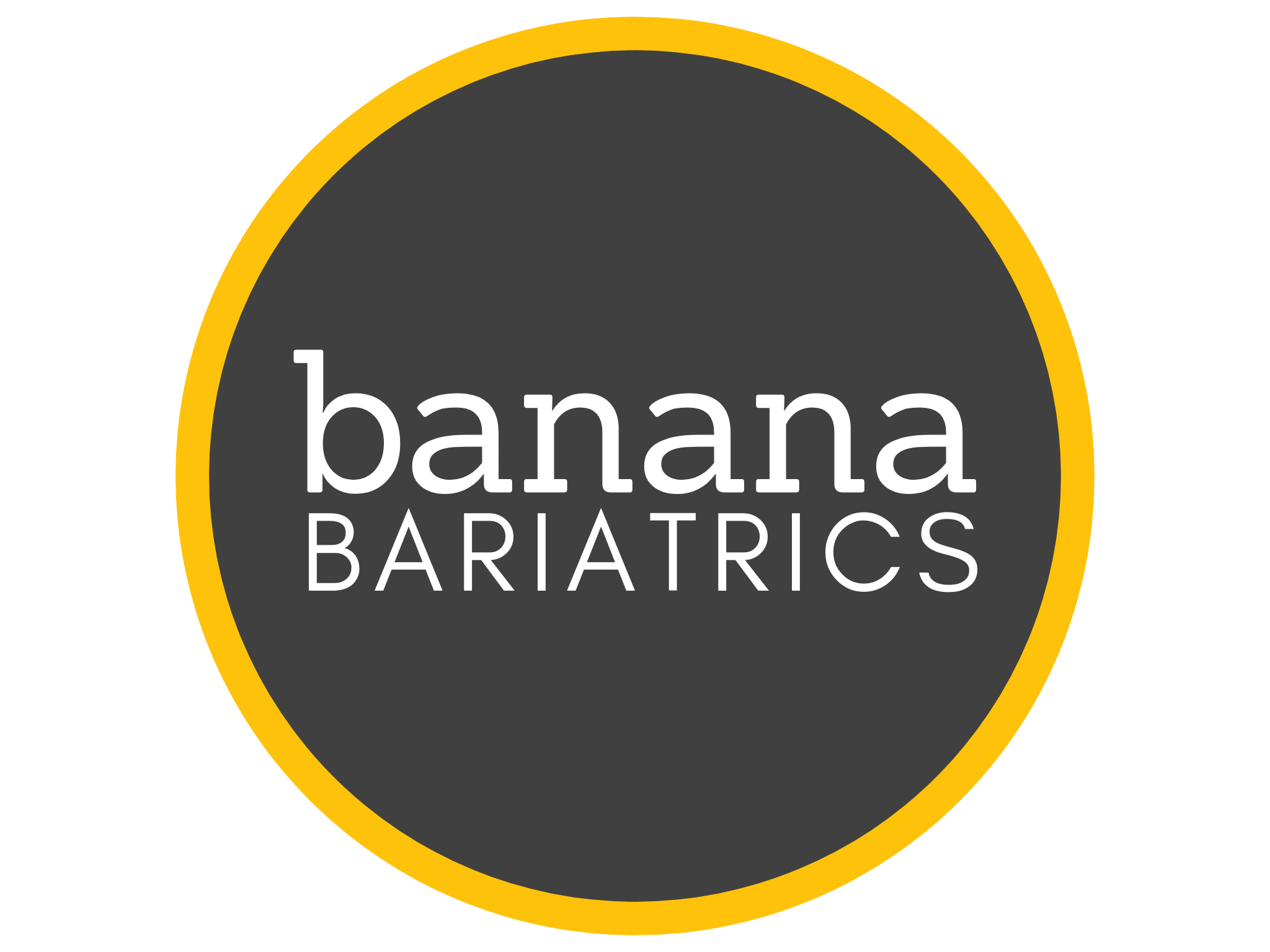
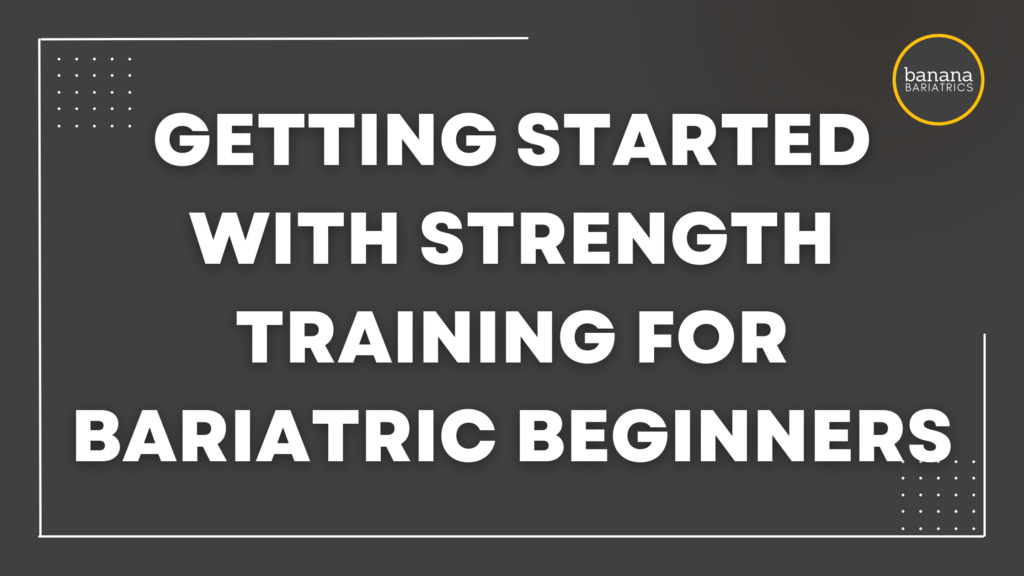
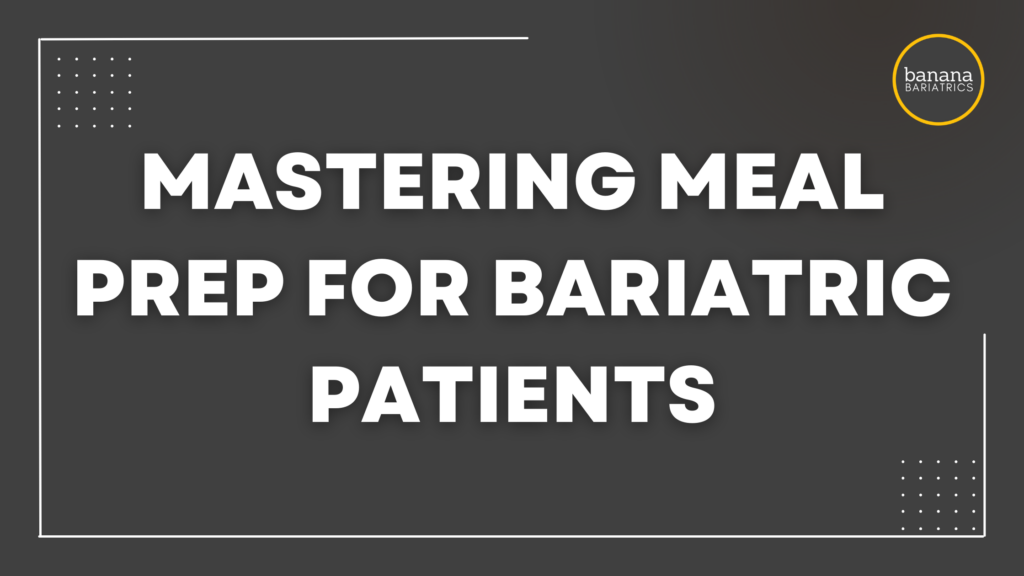

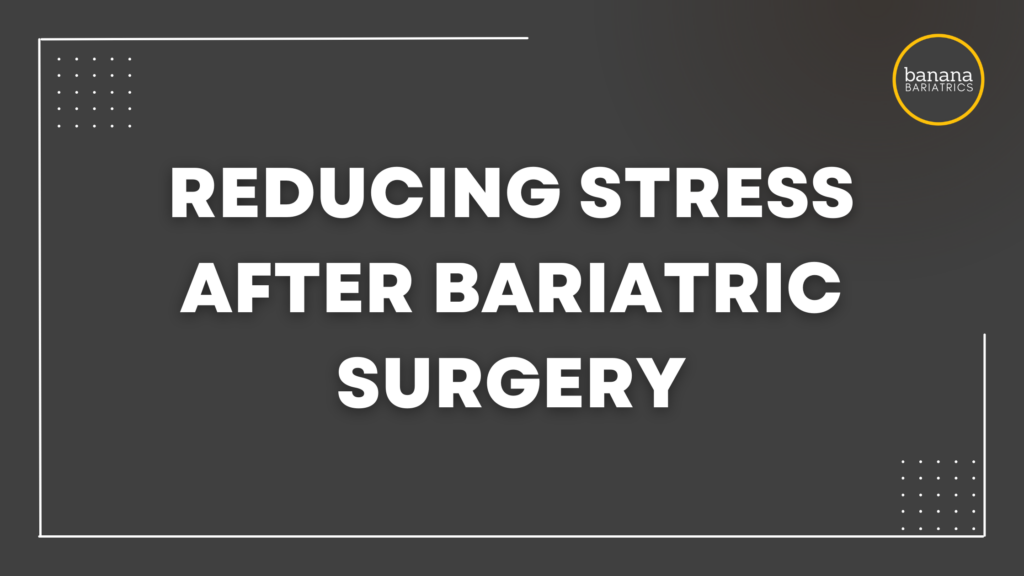
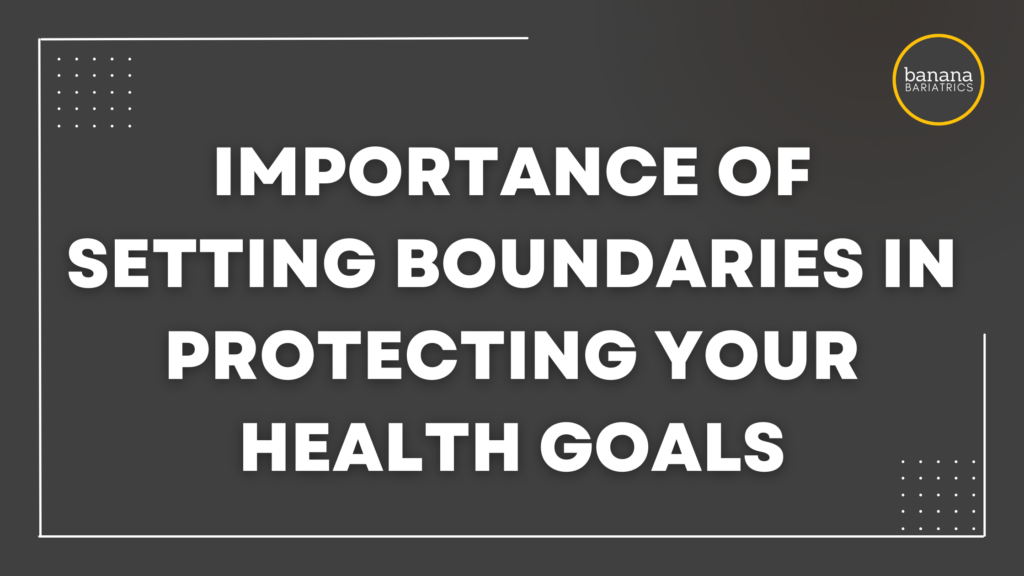
Responses